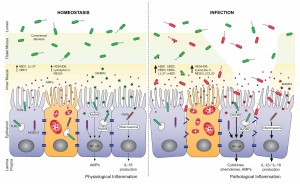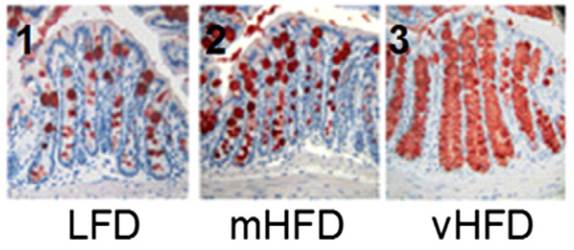Erin Seaver, of Washington DC, was a guest at the October 2014 Perfect Health Retreat. Erin kindly recorded a video for us discussing her experience at the retreat.
Some highlights:
- “I wasn’t having the success I wanted on the Paleo Diet and started reading [Paul’s] book and things really resonated with me so I actually reached out to Paul and talked about … going beyond diet and implementing a lifestyle in terms of exercise and sleep and go beyond foods themselves. That’s really what brought me to the Perfect Health Retreat.”
- “The Perfect Health Retreat far exceeded my expectations. It’s been a really wonderful experience.”
- “The food stands out … the Perfect Health Diet supports very flavorful and varied real foods and the chefs just did a phenomenol job. We were licking our fingers after every meal.”
- “The structure of the retreat is great in that it supports learning, healing, and relaxation”
- “The staff went above and beyond”
- “Even in just the short span of a week I found some great improvements. … Even in just a week I’ve found improvement in my sleep, I had more energy, was less lethargic in the morning, general mood improved, and my anxiety dropped pretty significantly.”
- “I do feel pretty prepared to translate the things I’ve learned and implement a lot of the lessons I’ve learned in this retreat back home.”
- “Health coaching was great. I think I have spent more time with Paul talking about my health than I probably have with any doctor to date in my life, which is kind of sad but a great opportunity, and Paul’s also spent more time explaining things to me than most of my doctors have…. I appreciate the support.”
- “The cooking classes were one of my favorite parts of the retreat.”
- “I’m not sure if you could find a better setting for health promoting, peaceful relaxation…. Great location.”
- “I would absolutely recommend this retreat to pretty much anyone. I don’t think it needs to be just for folks who have health challenges.”
- “I probably will try to drag my mom here.”
Thank you Erin!
We are taking reservations now for the next Perfect Health Retreat to be held October 10-17, 2015. Don’t miss this opportunity for a luxurious vacation combined with a week of learning that will pay a lifestime of dividends. To reserve a room or learn more, please contact Paul Jaminet at paul@perfecthealthretreat.com or Whitney Ross Gray at whitney@perfecthealthretreat.com.













Recent Comments